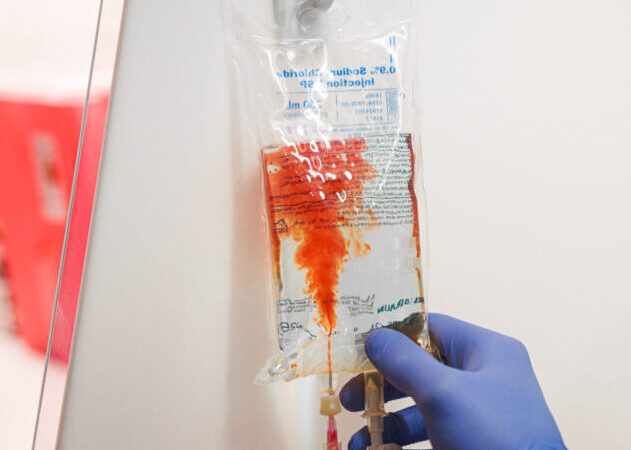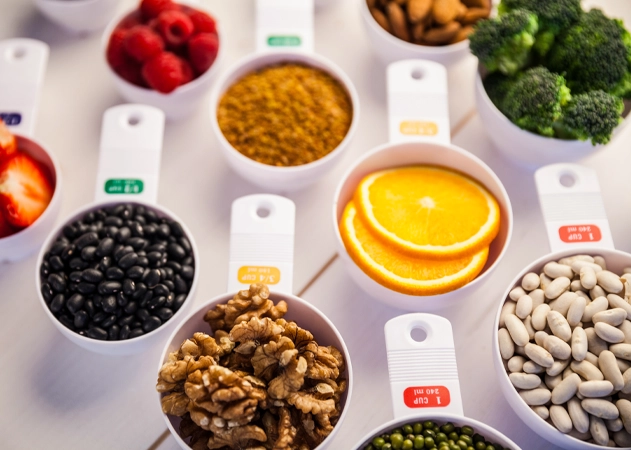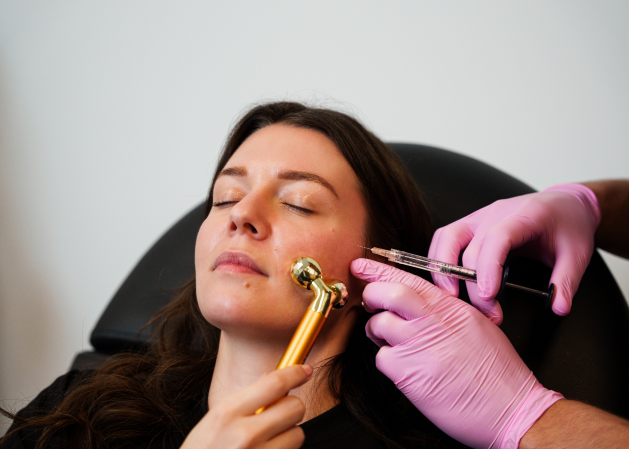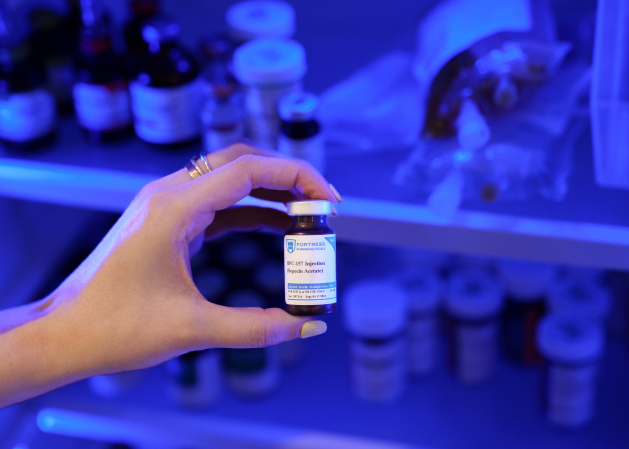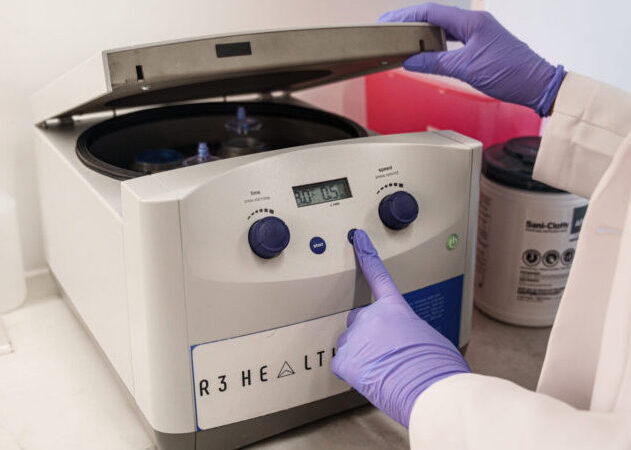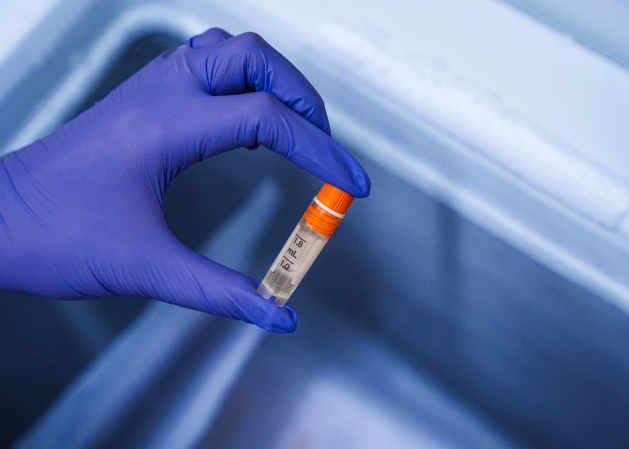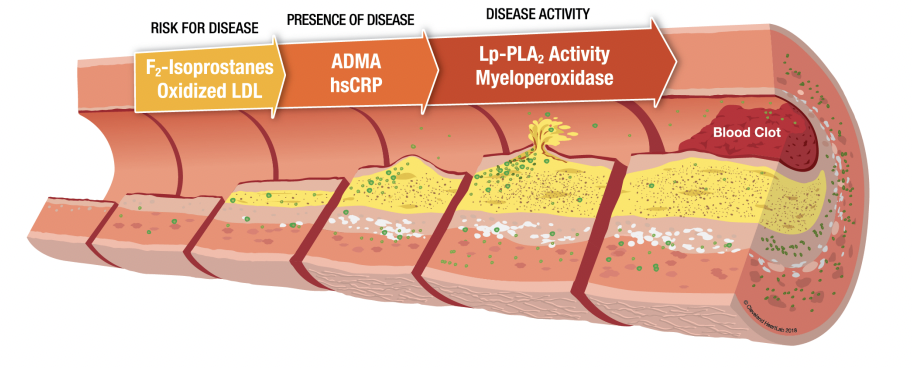Our guts are often an overlooked area of our body when it pertains to “getting healthy” or “getting back on track”. Our gut, which houses our stomach, small intestine, and large intestine, has such an influence on our overall health as it contains 70-80% of our immune system. More than 100 trillion microbial cells live in our gastrointestinal (GI) tract, which is 10 times more cells than the number of human cells that inhabits the body. In order to keep our GI tracts in a harmonious balance between “good” and “bad” gut bacteria, it is crucial that we prioritize the gut for all that it offers us. Without a fully functioning system of organs, our metabolism, digestion, ability to fight off harmful pathogens, ability to regulate immune responses, amongst other critical and crucial functions, would not be efficiently achieved.
In order to house a well-balanced gut microbiome, it is imperative to treat it with the most care. Following a well-balanced diet rich in gut-healing and healthy foods along with gut-specific supplements can allow your microbiome to flourish. First and foremost, a well-proportioned diet is key. It goes without saying that diet plays a pivotal role in overall health and has the ability to contribute to things such as optimal lipid, micronutrient, hormone, and inflammatory levels, to name a few. Treating the body from the inside out is the first step towards achieving optimal health, but first it comes from feeding our bodies with nutrient-dense foods that provide an abundance of health benefits.
Consuming prebiotic foods that are rich in dietary fiber can feed the “good” bacteria found in our gut microbiome. By feeding the “good” bacteria with prebiotics, we know that our GI tract can colonize healthy and helpful nutrients that ultimately lead to a well-functioning digestive system. Foods such as garlic, onions, apples, bananas, oats, flaxseeds, and asparagus are all rich in prebiotics. Consuming probiotic foods that naturally contain live bacteria can help colonize the gut microbiome with beneficial bacteria that have very protective qualities. Foods such as yogurt, kefir, kimchi, and sauerkraut, most of which are fermented, contain live bacterial cultures that are incredibly valuable for our guts.
Diets high in added sugar and saturated fat, as well as high in ultra-processed foods such as microwavable dinners, commercially packaged baked goods, fried and fast food, and so on, is a recipe for gut dysbiosis. This means that the “bad” guys weigh out the “good” guys, leaving us highly susceptible to inflammation, infection, pathogen-mediated illness, malabsorption of nutrients, and so on. Consuming a well-balanced diet rich in fruits (e.g., berries), vegetables (e.g., broccoli), complex carbohydrates (e.g., quinoa), lean and organically raised meat and poultry (e.g., chicken), wild-caught fish (e.g., salmon), raw nuts and seeds (e.g., almonds, flaxseeds), and healthy fats (e.g., extra virgin olive oil, avocado) is the best way to help keep your GI tract on track.
Supplementing with prebiotics, probiotics, along with other gut-healthy and healing items such as digestive enzymes, L-glutamine, licorice root extract, frankincense and oregano oils, and so on are all incredibly beneficial ways to help with gut integrity. Digestive enzymes supplement what our bodies are meant to naturally produce; however, in times of distress, digestion cannot be as efficient as it should be, so supplementing with digestive enzymes that properly break down carbohydrates, protein, and fat can make for adequate digestion and absorption. L-glutamine is a naturally occurring amino acid that is found in supplementation form (e.g., powder) or in something such as bone broth that also contains the amino acids glycine and proline, all of which help strengthen and rebuild the gut lining and mucosal barrier. Licorice root extract is an adaptogen herb that has wonderful antibacterial properties. Frankincense and oregano oils can help reduce overall inflammation in the gut as well.
All in all, prioritizing your gut health should be amongst the items featured at the top of the list as it pertains to overall health. Our guts do so much for us on a second-to-second basis, so why not return the favor?Our guts are often an overlooked area of our body when it pertains to “getting healthy” or “getting back on track”. Our gut, which houses our stomach, small intestine, and large intestine, has such an influence on our overall health as it contains 70-80% of our immune system. More than 100 trillion microbial cells live in our gastrointestinal (GI) tract, which is 10 times more cells than the number of human cells that inhabits the body. In order to keep our GI tracts in a harmonious balance between “good” and “bad” gut bacteria, it is crucial that we prioritize the gut for all that it offers us. Without a fully functioning system of organs, our metabolism, digestion, ability to fight off harmful pathogens, ability to regulate immune responses, amongst other critical and crucial functions, would not be efficiently achieved.
In order to house a well-balanced gut microbiome, it is imperative to treat it with the most care. Following a well-balanced diet rich in gut-healing and healthy foods along with gut-specific supplements can allow your microbiome to flourish. First and foremost, a well-proportioned diet is key. It goes without saying that diet plays a pivotal role in overall health and has the ability to contribute to things such as optimal lipid, micronutrient, hormone, and inflammatory levels, to name a few. Treating the body from the inside out is the first step towards achieving optimal health, but first it comes from feeding our bodies with nutrient-dense foods that provide an abundance of health benefits.
Consuming prebiotic foods that are rich in dietary fiber can feed the “good” bacteria found in our gut microbiome. By feeding the “good” bacteria with prebiotics, we know that our GI tract can colonize healthy and helpful nutrients that ultimately lead to a well-functioning digestive system. Foods such as garlic, onions, apples, bananas, oats, flaxseeds, and asparagus are all rich in prebiotics. Consuming probiotic foods that naturally contain live bacteria can help colonize the gut microbiome with beneficial bacteria that have very protective qualities. Foods such as yogurt, kefir, kimchi, and sauerkraut, most of which are fermented, contain live bacterial cultures that are incredibly valuable for our guts.
Diets high in added sugar and saturated fat, as well as high in ultra-processed foods such as microwavable dinners, commercially packaged baked goods, fried and fast food, and so on, is a recipe for gut dysbiosis. This means that the “bad” guys weigh out the “good” guys, leaving us highly susceptible to inflammation, infection, pathogen-mediated illness, malabsorption of nutrients, and so on. Consuming a well-balanced diet rich in fruits (e.g., berries), vegetables (e.g., broccoli), complex carbohydrates (e.g., quinoa), lean and organically raised meat and poultry (e.g., chicken), wild-caught fish (e.g., salmon), raw nuts and seeds (e.g., almonds, flaxseeds), and healthy fats (e.g., extra virgin olive oil, avocado) is the best way to help keep your GI tract on track.
Supplementing with prebiotics, probiotics, along with other gut-healthy and healing items such as digestive enzymes, L-glutamine, licorice root extract, frankincense and oregano oils, and so on are all incredibly beneficial ways to help with gut integrity. Digestive enzymes supplement what our bodies are meant to naturally produce; however, in times of distress, digestion cannot be as efficient as it should be, so supplementing with digestive enzymes that properly break down carbohydrates, protein, and fat can make for adequate digestion and absorption. L-glutamine is a naturally occurring amino acid that is found in supplementation form (e.g., powder) or in something such as bone broth that also contains the amino acids glycine and proline, all of which help strengthen and rebuild the gut lining and mucosal barrier. Licorice root extract is an adaptogen herb that has wonderful antibacterial properties. Frankincense and oregano oils can help reduce overall inflammation in the gut as well.
All in all, prioritizing your gut health should be amongst the items featured at the top of the list as it pertains to overall health. Our guts do so much for us on a second-to-second basis, so why not return the favor?



